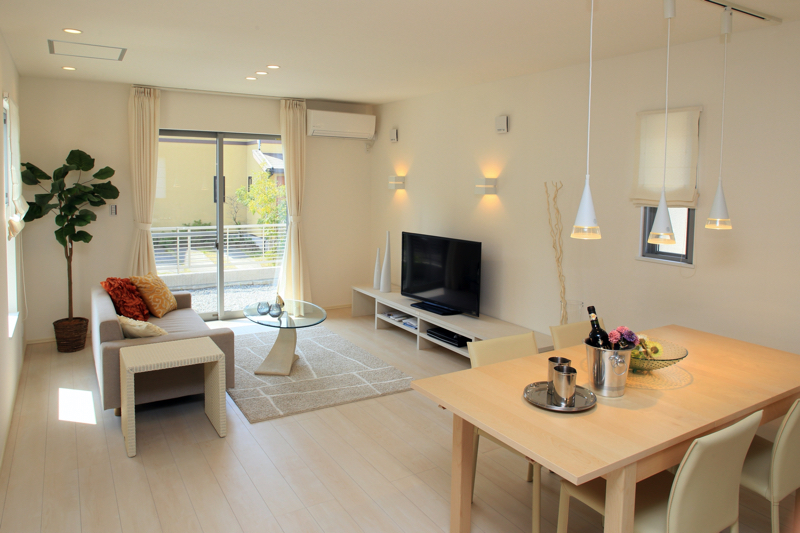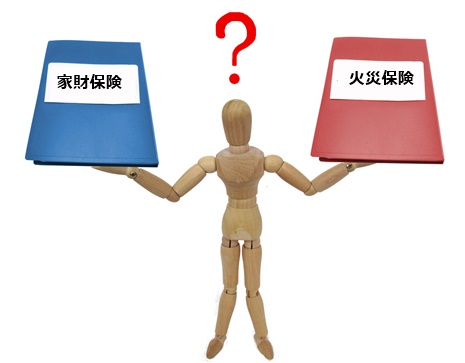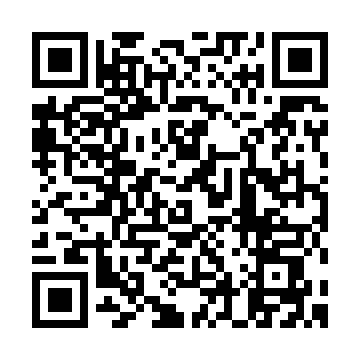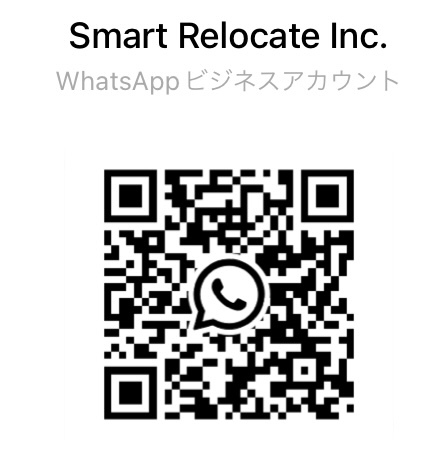When you rent a house or apartment in Japan, you are required to apply for insurance ( household and fire insurance ). Depending on the property you rent, you may be required to register for only fire insurance or both, which you cannot refuse.
We will describe what household insurance is, and why it is mandatory when applying for housing in Japan.
What is household insurance?

Household insurance, 家財保険(Kazai hoken), will cover damages when home assets such as electric appliances and furniture are destroyed by fire, natural disasters, etc.
In Japan, it is often necessary to have the household insurance when you rent an apartment or a house at the same time.
家財(kazai) means household assets such as home appliances, furniture, and clothing.
Premium for household insurance ( average )
Premium is not so expensive and the figures are usually the following:
- Single … around 10,000 yen
- Family … around 20,000 yen
The amount paid for household insurance varies depending on the insurance company.
There are some methods for calculating household insurance premiums: one based on detailed data such as the size of the house or apartment, the number of residents, and the age of the head of family.
Details of the calculation method is very complicated so we will not go into the details.
Keep in mind that insurance premiums generally increase with number of residents.
Contract period of the household insurance
The contract period for household insurance depends on the rental contract.
The contract period for household insurance is often the same as the rental contract period for a condominium ( two years ). When you renew a room rental agreement you will renew the household insurance together.
Otherwise, only the insurance will be renewed annually.
Scope of warranty

With household property insurance, insurance is paid in the event of a loss or damage to furniture or home appliances due to a natural disaster, housework, or water accident.
Here are examples of items guaranteed by household insurance;
- Home appliances and furniture
- Clothes in the closet
The household insurance is paid for these cases;
- Natural disasters such as fires, lightning, and typhoon
- Theft
- Negligence of residents
There are cases where insurance money is also paid at the following times.
- Household items burned down due to misfire or neighbor’s housework
- A thunder storm damaged home appliances
- A typhoon broke the window and destroyed furniture
- stolen furnitures and properties
- Water overflows from the bath and leaks. Room fixtures, furniture and appliances on the lower floor were damaged by the water.
- the curtains caught fire during cooking and burned furniture in the process
- Residents dropped things from the balcony and damaged property or caused injury to people below
In some cases, the household insurance may also include the tenant liability insurance.
Tenant liability insurance covers repair costs for any damages resulting in renter’s negligence. For instance, if any damages occur in the shared areas of apartment ( e.g., damage to stairs or hallways ) due to renter’s negligence the insurance will cover the damages. In the case of fire, it can spread to other parts of the apartment, such as your neighbor’s apartment or shared areas, dramatically increasing the amount of damage. Check the details of the insurance contract before making a rental contract.
What is the difference between fire insurance and household insurance?

In addition to household insurance, there is also fire insurance.
Since fire insurance covers entire buildings, it is usually insurance for people who own them.
When renting a condominium or a house, there is no problem if you register for household insurance instead of fire insurance.
Some insurance companies may also refer to household insurance as “fire insurance”.
Other useful benefits
In addition to household insurance, there are other useful benefits.
You can make minor adjustments from the basic insurance plan. The premium and conditions will vary so it’s best to check the details before applying.
Examples add-on premiums;
- Accommodation costs when the house or apartment is damaged and useable without repair
- Expenses for exchanging keys in the event of prank
- Compensation paid to neighbors in case of fire resulting in negligence
- The cost of treatment when you hit someone with bicycle
The add-on insurance cost about 1000 yen per month, and it covers a wide variety of risks.
If you plan to move to Japan or seek assistance after settling down, we are at your service.
If you have plans to move to Japan or need help getting settled, we’d be glad to assist you. We can also help you from choosing the right apartment to assisting you with the paperwork, as well as provide support for your everyday life.
For details regarding support, refer to: our services
You can contact us via email:
If you wish to contact us via SNS, click on the LINE logo on the bottom right hand corner of your browser. We can speak Japanese and English.

 CONTACT
CONTACT







